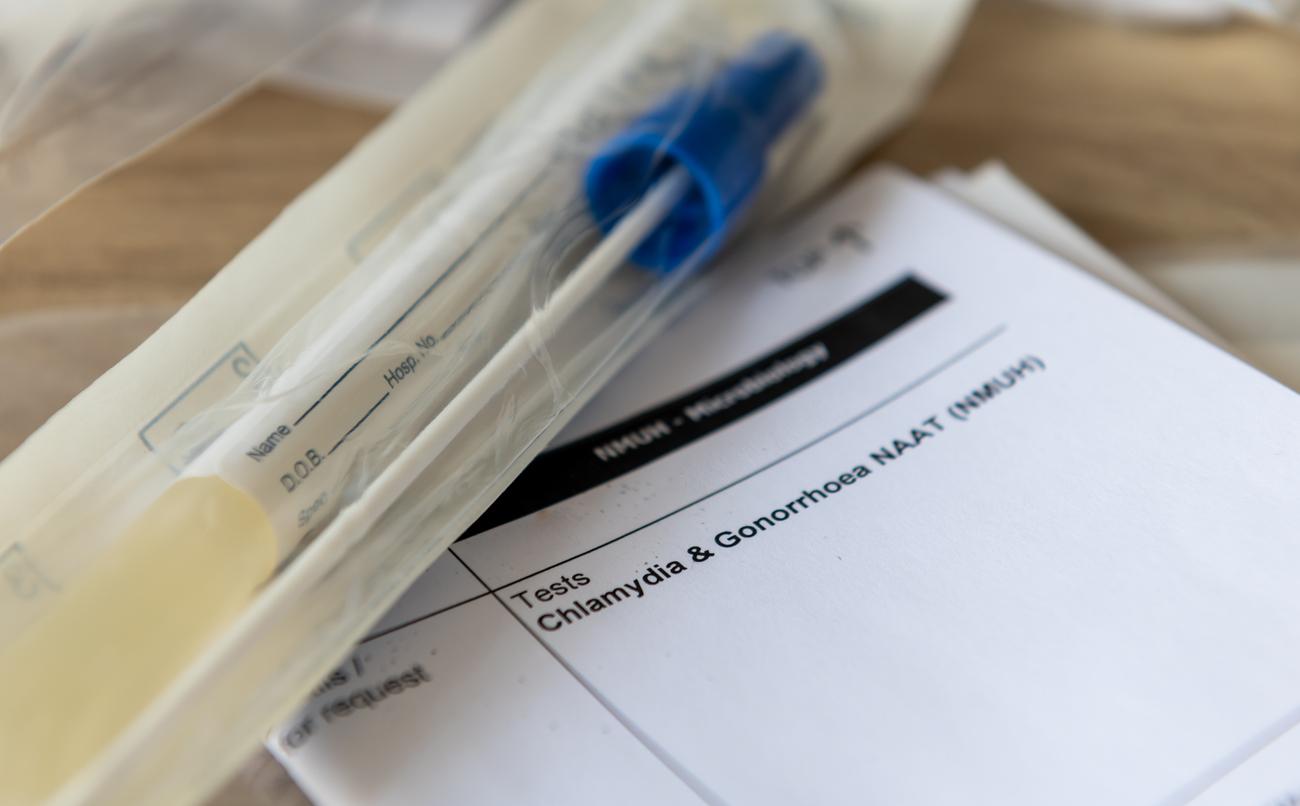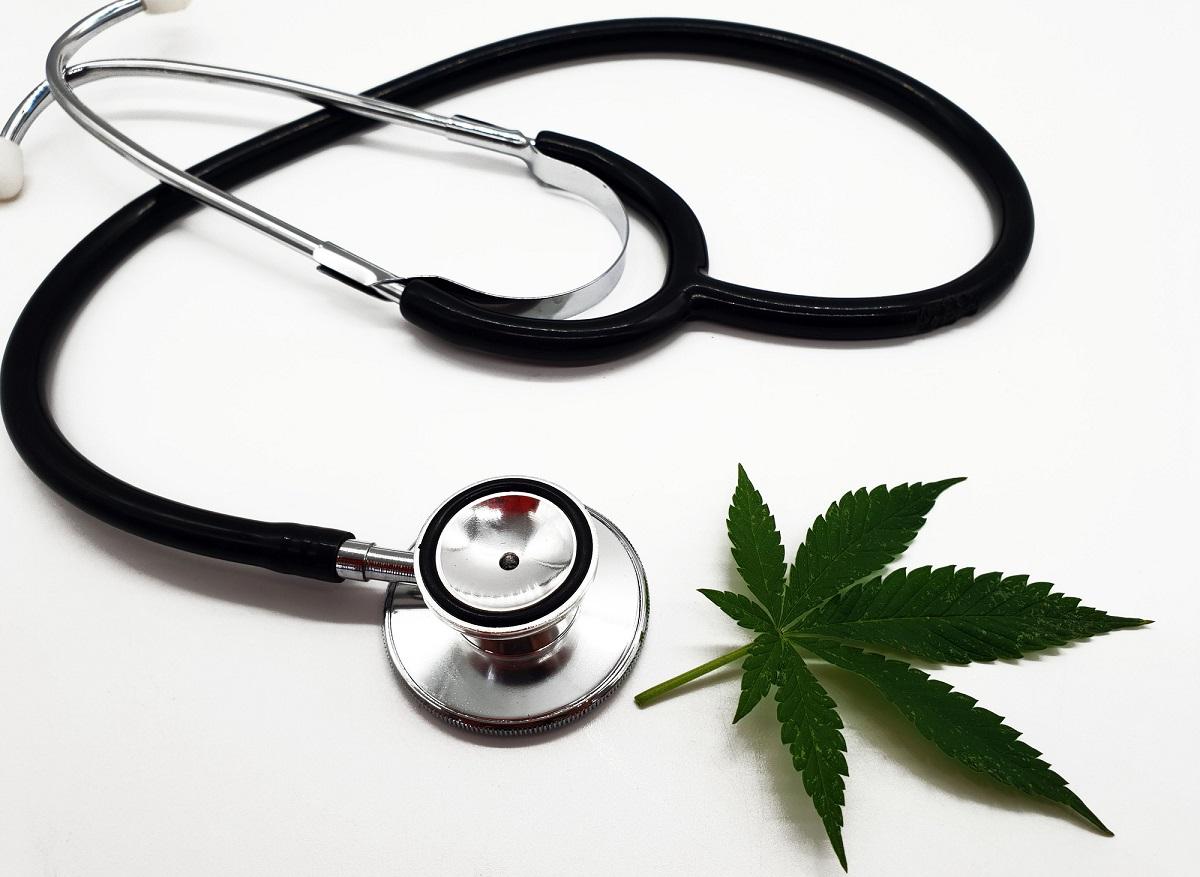Depending on the outside temperatures, the results of certain laboratory tests could be different…. And influence the medical prescription.

- Depending on the season, the results of laboratory tests may be different, which would have consequences for certain medical prescriptions.
- Adjusting the ambient temperature in the laboratory could reduce weather-related variability.
Between a laboratory test carried out during the summer and another carried out during the winter, the results can be different… This is the hypothesis that two researchers, Ziad Obermeyer and Devin Pope, wanted to verify. Their work has just been published in the journal Medical. According to them, this variation in results can have consequences for medical decision-making, in particular the prescription of drugs. “When a doctor orders a lab test, they use it to figure out what’s going on inside your body, but we wondered if the results of these tests might also reflect something going on inside. outside of your bodyexplains Ziad Obermeyer, co-author of the study. This is exactly the kind of pattern doctors might miss. We don’t look for it and so lab tests can be skewed”.
Temperature influences more than 90% of individual tests
To carry out their work, the scientists relied on the results of laboratory tests carried out between 2009 and 2015 in different climatic zones. These involved more than four million patients, two million of whom the researchers categorized by temperature. They were thus able to measure the way in which climatic variations influence these tests. According to their results, temperature interferes with more than 90% of individual tests and more than 51% of 75 other laboratory tests, including those of kidney function, cholesterol or triglycerides, often measured by blood as part of a lipid profile for assess the risk of developing cardiovascular disease.
Fewer treatments prescribed in winter?
“These changes were minimal: less than one percent difference in most tests under normal temperature conditions.“, reassures Ziad Obermeyer. Nevertheless, according to the researchers, the lipids analyzed when the temperatures were lower showed a lower cardiovascular risk which was therefore not real. % less medication prescribed to patients tested on cooler days compared to warmer days, i.e. a small amount of people who would have needed treatment were not prescribed it because their lab test was distorted.
A call to adjust the temperature in the laboratory
But why does the temperature affect the results? For the moment, the researchers do not have the answer but they put forward several hypotheses: the blood volume, the performance of specific analyses, the transport of the samples or even changes in laboratory equipment. To verify them, further research will need to be conducted. “Whatever their cause, temperature produces undesirable variability in some tests, which can skew some important medical decisions.“, insists Devin Pope, the other author of the study. Among the solutions invoked by the authors, they advise laboratories to adjust the ambient temperature on the day of the test… An inexpensive method to reduce variability linked to weather conditions .
.

















